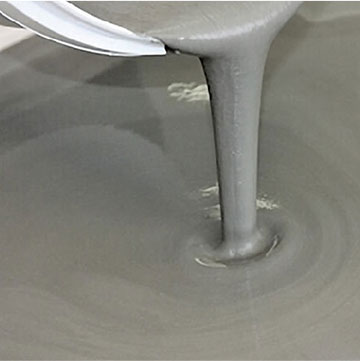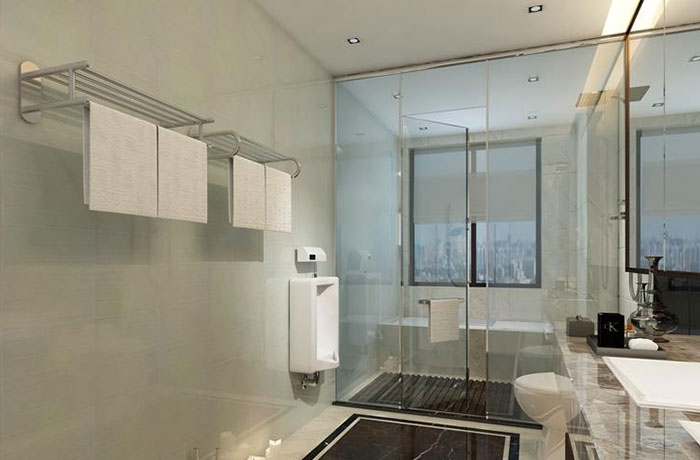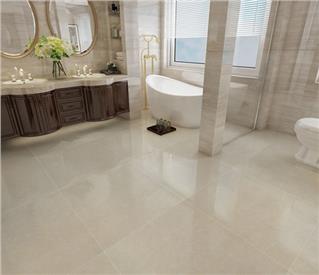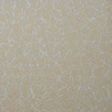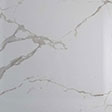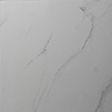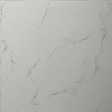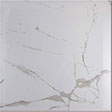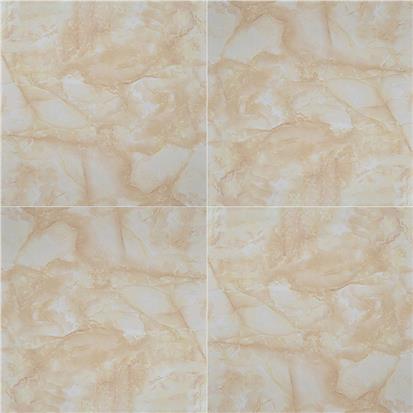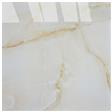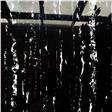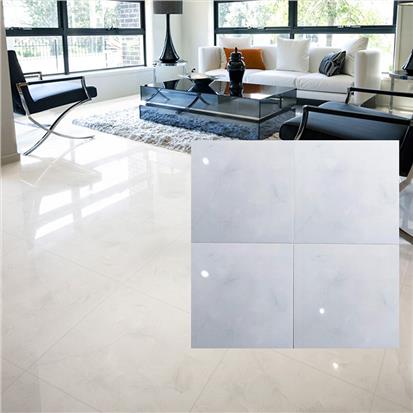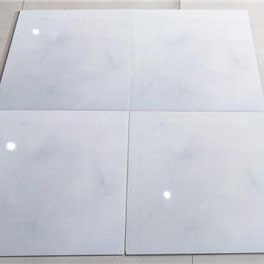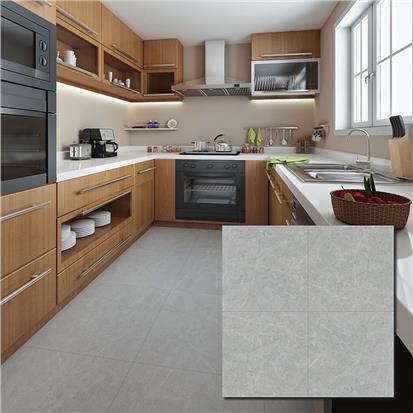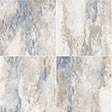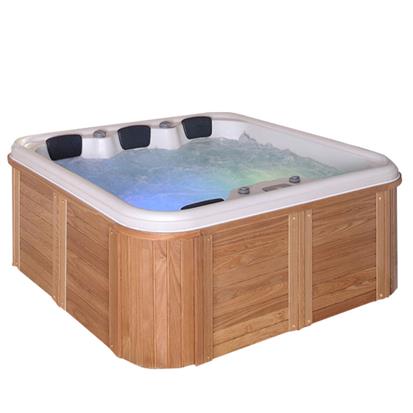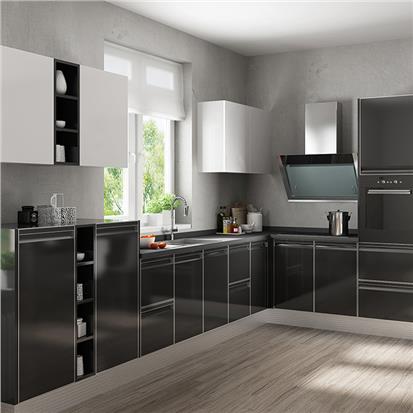The first decision you're going to want to make when choosing the right grout for tilling is between epoxy-based grouts and cement-based grouts. The two grout has different characteristics, pros, cons and price. So what’s the difference between epoxy grout and cement grout? Which grout is best for tilling? In this article, I’m going to be sharing my knowledge about epoxy grout vs cement grout - what type of grout should you use for tilling?
What Is Cement Grout - Pros & Cons, Features
Cement grout is the most common grout which is made from a cementitious powder mix. It is the injection under pressure of cement to fill fractures or voids in the soil or concrete structure. It is a process used to fill voids with cement injected under pressure. Most people are going to use a cement-based grout that's because they're inexpensive, they're very easy to work with, they look great and they're easy to apply. So the cement-based grout is a really good option.
They just have one major downside:
They need to be sealed and they don't just need to be sealed. They need to be sealed on a regular basis because cement-based grout is porous and it will absorb stains water or soap scum, all kinds of other stuff. It is pretty easy but you still have to seal it.
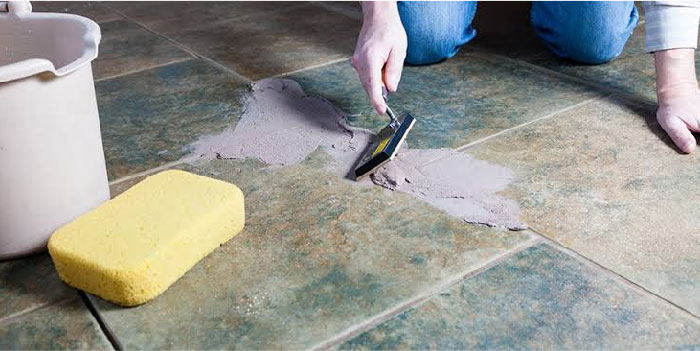
What Is Epoxy Grout - Pros & Cons, Features
Epoxy grout has become more and more popular among tile contractors and builders especially in tiled bathroom showers and tiled floors because of its benefits as opposed to cement grout. It’s made from epoxy resins and a filler powder. The grout is extremely durable and almost completely stain-proof. Regular grout isn’t waterproof, so unlike epoxy grout, it’s impermeable water, is not going to absorb into it. It's not porous, it's very difficult to stain, it's also very chemical resistant. So harsh cleaners aren't really gonna hurt it, it's much less likely to harbor mold or mildew and it's really great for commercial applications or maybe the floor of your shower if the floor of your shower is tiled. And you might be thinking well why does it just everybody use epoxy grout? Because it also has its downsides.
Disadvantages of epoxy grout:
- First off, it's about four to five times as expensive as cement-based grout so right there you got the whole cost issue.
- Next it's actually quite a bit more difficult to apply, so it might double or triple the amount of time it's going to take for you to apply the grout in the first place which is an ideal.
- Another downside is that when it's exposed to sunlight or any UV light. Lighter colored epoxy grout are actually going to darken or yellow over time and that's just not good especially if you have a window in your shower.
- And finally it just looks kind of like plastic and some people just don't like that look, so while epoxy grout is great for stain resistance and durability, it's just not great to apply, it's more expensive and it does have other downsides.
Epoxy Grout Vs Cement Grout - What’s The Key Difference Between Epoxy & Cement Grout
The cleaning and installation time is the primary thing that creates a big difference between cement grout and epoxy grout. Also, the cost is another factor that separates the two. For epoxy grout, its price can be three to four times higher compared to the cement grout. This cost explains the main reason why some installers don’t prefer epoxy grout.
Which Grout Is Best For Tilling: Epoxy Or Cement?
So which grout should you choose? For most situations, I'm gonna recommend cement-based grout unless you have a really good reason to use an epoxy groutlike if you're grouting the shower floor tile. for example, something that's going to be exposed to a lot of water all the time, epoxy grout is going to be a no-brainer in that situation, so if you're tackling your first DIY tile project, you're gonna have a much easier time working with cement-based grouts, you'll just have to seal it which is actually pretty simple.
Now if you are confident in your grouting abilities and you don't mind sparking over the extra cash and spending the extra time to install the epoxy grout, then you might want to give that a try, because it will save you future time and effort from having to seal the grout.
 EN
EN FR
FR PT
PT AR
AR
